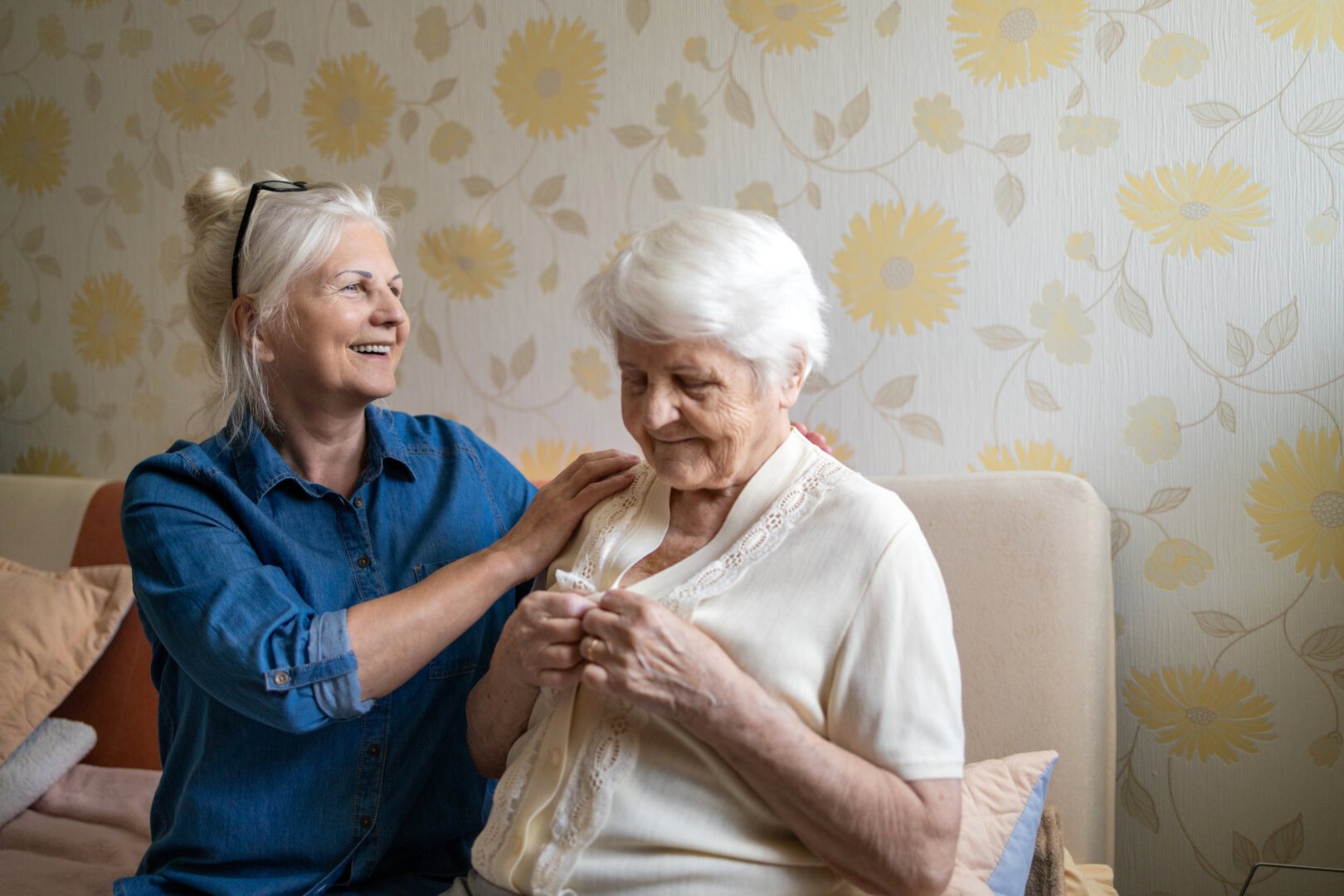
My elderly mother lives with me: what should I pay attention to?
Not wanting my mother to have to spend her old age in a stuffy retirement home room, I let her live with me. What are the pitfalls? What should I pay attention to in order to avoid discussions about the estate?
Allowing your elderly mother or father to live with you in her or his old age is noble. However, it is extremely important to make this actual cohabitation correct legal form to give. Because we at Bannister Lawyers find that discussions often arise in the context of the liquidation and distribution of estates regarding the qualification of deposits that were done by the elderly parent during the actual cohabitation, we are happy to share our practical insights.
In practice, the question arises whether deposits made during actual cohabitation are donations be from the resident parent to the child in which he or she resides, or that deposits involved are contributions are for board and lodging. The answer to this question is relevant in two respects. If the court classifies the deposits as gifts, then they are subject to contribution and reduction. That is, some portion of them must be returned to the estate. Second, donated funds, starting three years before death, are subject to inheritance tax.
Case law and legal doctrine traditionally assume that a donation consists of two components. First, the donor's assets must be impoverished; second, the deposit must be motivated by generosity (animus donandi). Consequently, the person disputing the deposits must show that your elderly parent's assets are impoverished and that the deposits were made from generosity to the child in whom the parent resides. The required generosity is the biggest point of contention.
Contributing to the burdens of cohabitation
A recent ruling by the Antwerp Court of Appeals brought clarity. If you permanently cohabit de facto with your elderly mother, i.e., a household must exist, and the deposits are periodic -e.g., monthly- then the court suspects that the deposits are contributions for the expenses of the de facto cohabitation. The deposits cannot be donations because the presumption lacks any generosity. Even in the case of excessive deposits, one may not simply assume a gift.
If you want to nip discussions about this in the bud, it is best to include in the communication of the deposits that they are contributions towards the expenses of the cohabitation. Such a statement does not give a 100 % guarantee, but it helps the court to decide that there is no generosity and consequently no gift. The deposits then do not have to be returned to the estate and are not subject to inheritance tax.
Execution of a natural commitment
If the court does not accept that the deposits in question are contributions to the burdens of actual cohabitation, then you can appeal to a last straw The natural commitment.
A natural commitment is a moral obligation that in principle is not legally enforceable. If it is performed in whole or in part, or one promises to perform the obligation, it can be converted to a legally enforceable obligation and can be not be recovered (Article 1235 BW).
In this case, it is best to argue that your elderly parent felt the moral obligation to help you maintain the household. In principle, the contribution is not legally enforceable, but because its implementation has begun, its continuation can be legally enforced and no recovery is possible.
We will return to this point at the components of a gift: impoverishment of the donor's assets and act from generosity. If your elderly parent performs a natural obligation, the assets do not deplete and there is no generosity so the deposits can never be gifts, with all the desired consequences.
Some practical tips
- Give your actual cohabitation legal form. We are happy to help you with a declaration of de facto cohabitation.
- Change at least the residence of your elderly parent at the registrar's office to your own address.
- Save yourself discussion by indicating very clearly in advance the purpose of deposits in the mention of the deposit.
Do you have any questions, concerns or doubts about this? Do not hesitate to contact us. Our specialized team is ready to help you further. #notyouraveragelawfirm.
Steven Van Geert
Tuur Minne



